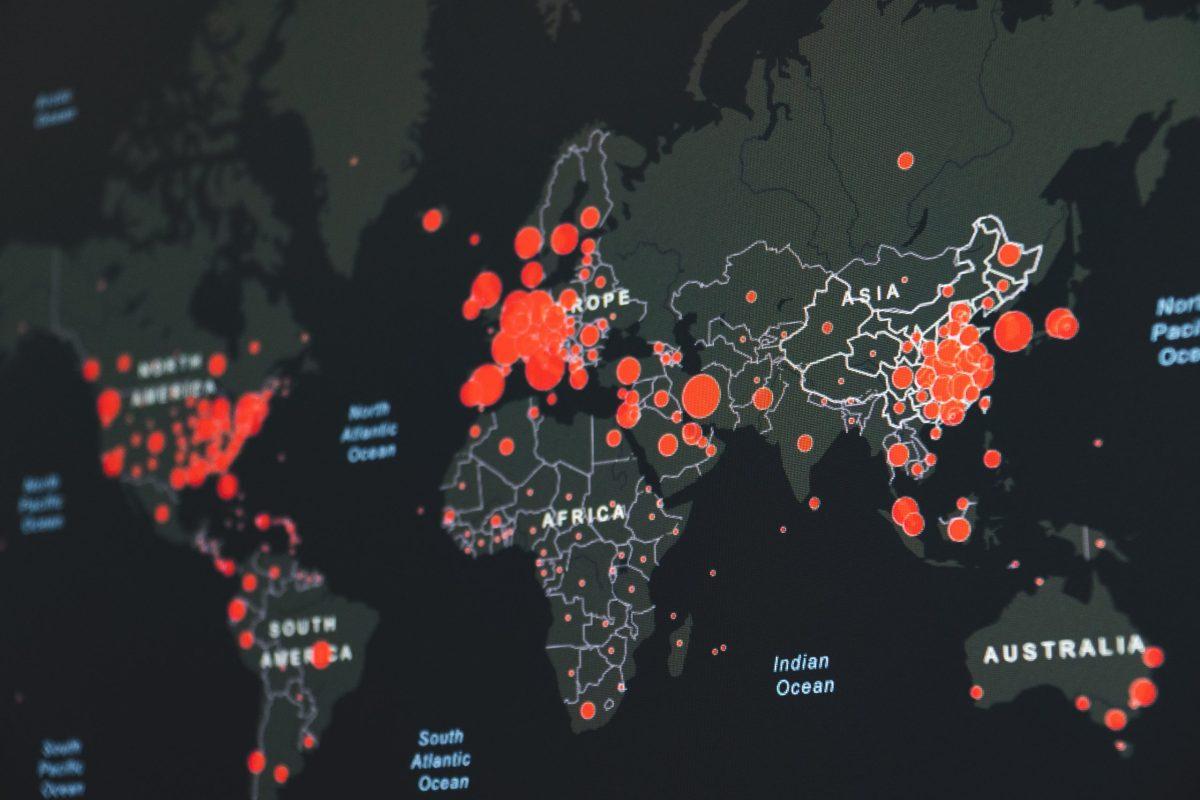“The overwhelming number of [COVID] deaths, over 75%, occurred in people who had at least four comorbidities, so, really, these are people who were unwell to begin with. And yes, really encouraging news in the context of Omicron.” This comment from CDC Director Rochelle Walensky quickly and rightfully sparked outrage from people with disabilities. Why is it encouraging when disabled people are still dying? Why is it less tragic when a disabled person dies than a nondisabled person? Why, for the entirety of the pandemic, have people been saying that we don’t need to worry about COVID-19 because only the elderly and people with underlying conditions will be impacted?
The answer to these questions is quite simply ableism: discrimination against disabled people, considering disabled lives less valuable, policy choices that mean that people with disabilities are systemically excluded from society and much more. But this article isn’t just about the ableism of one particular statement. I’ve heard sentiments like this often, from news anchors, people online, acquaintances and members of the Wellesley community. This statement, while horrifying, is just one manifestation of the types of ableist language (and the underlying beliefs they illustrate) that I’ve been hearing since March 2020.
Statements like “It’s just like the flu, don’t worry about it” and “Only old people and people with disabilities will die” might be reassuring to some people, but for a significant amount of people they’re disheartening. While you personally might not be worried about getting COVID-19, the immunocompromised sib sitting next to you in class, the professor you have in their 70s and the dining hall worker who lives with someone with a disability don’t have that luxury. Furthermore, these comments (aside from being inaccurate) reinforce the idea that deaths are more acceptable if the person is old or disabled than if they’re young and healthy.
Language that devalues disabled lives has tangible implications. Hospitals that were overwhelmed by COVID-19 cases and had to choose who to treat sometimes had policies that “explicitly rul[ed] out treatment for people with certain ‘pre-existing conditions”.In the UK people with intellectual disabilities were given “do not resuscitate (DNR)” forms with questionable consent, and around the world public health measures have been lifted (or not reimplemented) despite large numbers of cases. If the language we use treats people with disabilities as less valuable, how could it be any surprise that our pandemic response has consistently reflected that assumption?
Personal responsibility isn’t a solution to a global pandemic; there have been policy failures from the international to state level that have allowed the amount of deaths and long-term harm that we’ve experienced to happen. That being said, every single one of us can, and have a responsibility to, make sure that the words we choose to describe this pandemic aren’t justifying further discrimination or making our sibs, the wider Wellesley community or any other community we’re apart of feel unsafe, devalued or disposable.
I’d like to end with a thought from @pacingpixie (a disability rights activism account) on Instagram about the framing of COVID-19 response measures. “‘C[OVID-19] restrictions’ focuses on the ability of non-vulnerable people to do what they want. ‘C[OVID-19] protections’ focuses on the ability of vulnerable people to stay alive and not become permanently sicker.” Disabled people’s lives are just as valuable as non-disabled people’s, and it’s time that our language and policy begin to reflect that.




